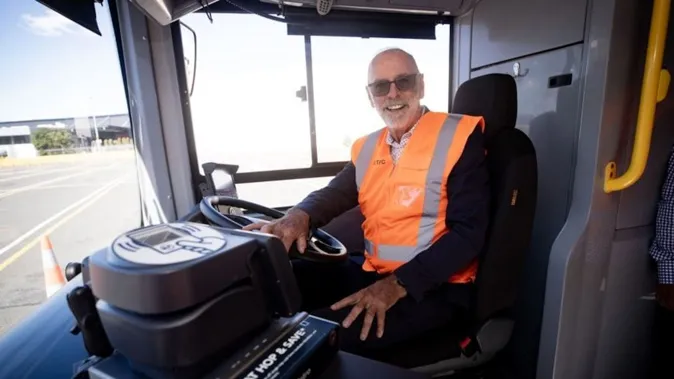Mayor Wayne Brown has proposed a radical overhaul of Auckland Transport and other council-controlled organizations (CCOs) as part of his last budget this term. The plan aims to improve accountability, reduce wasteful spending, and better deliver services to the community.
Understanding The Main Concept
The CCO system was established in 2010 with seven agencies overseen by unelected directors drawing ratepayer-funded fees. Since then, there have been numerous reviews and efforts to improve the system. However, critics argue that the current structure is inefficient, lacks transparency, and fails to deliver services effectively.
Key Points of the Proposal
• Abolishing Auckland Transport and other CCOs as part of a massive shake-up of council-controlled organizations.
• Transferring some functions to the council or creating new service delivery agencies.
• Disestablishing TAU and Panuku altogether and delivering all functions via the council.
• Maintaining Watercare, which manages the city’s water and wastewater services on a user-pays model.
How This Works In Practice
The proposed reforms are aimed at addressing concerns about public trust and confidence in CCOs. The mayor has stated that he wants to “take back control” of these organizations and ensure they deliver better outcomes for the community.
There are three options for Auckland Transport:
• Turn AT into a service delivery agency by transferring strategy, policy, and planning functions to the council.
• Transfer transport services like roads, footpaths, parking, and cycling under council control.
• Disestablish AT altogether and deliver all functions via the council.
Why This Matters For Business
The proposed reforms have significant implications for businesses operating in Auckland. If successful, they could lead to improved efficiency, reduced costs, and enhanced service delivery.
Implementing Best Practices
To implement the proposed reforms effectively, the following best practices can be considered:
• Establish clear governance structures and decision-making processes.
• Implement transparent and accountable management systems.
• Foster a culture of collaboration and partnership between CCOs and other stakeholders.
• Invest in digital infrastructure to enhance service delivery and efficiency.
Addressing Concerns and Challenges
The proposed reforms are not without their challenges. Some concerns include:
• The potential loss of expertise and capacity within AT and other CCOs.
• The need for significant investment in new systems and infrastructure.
• The risk of unintended consequences or unforeseen outcomes.
To address these concerns, it is essential to engage with stakeholders, including businesses, community groups, and experts. This can help build trust and confidence in the proposed reforms.
The Road Ahead
The fate of Auckland Transport and other CCOs remains uncertain. However, if successful, the proposed reforms could mark a significant turning point in the history of local government in New Zealand.
Conclusion
Auckland’s CCO shake-up presents an opportunity for reform and improvement. By understanding the main concepts, key points, and challenges associated with the proposal, businesses can better navigate this complex landscape.

0 Comments